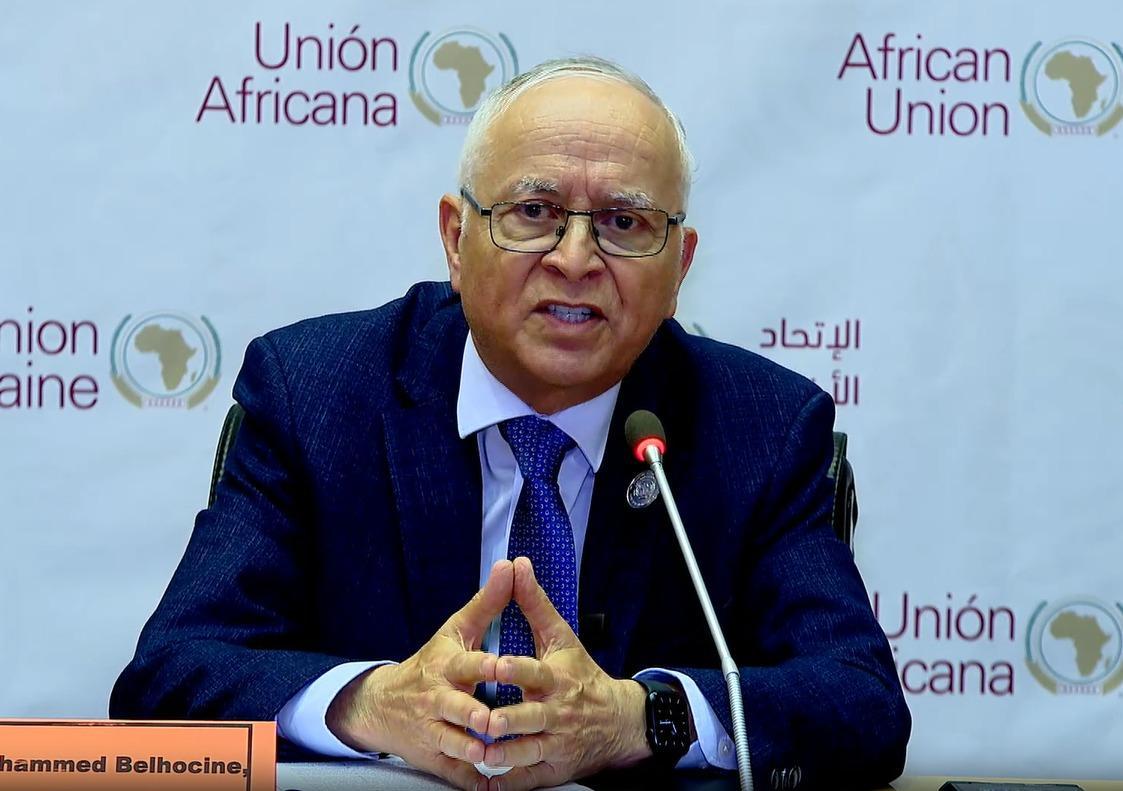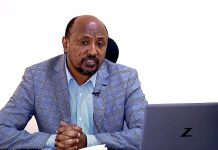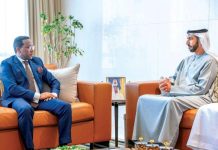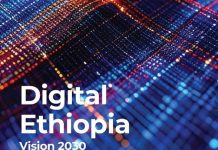
Africa-Press – Ethiopia. Africa needs to build the capacity of teachers to be able to teach African history with African sources, African Union Commissioner for Education, Science, Technology, and Innovation, Professor Mohamed Belhocine said.
Briefing the media today, the commissioner highlighted the situation of the continent’s education system, challenges and issues need further attention to build a resilient education system in the continent.
He stressed that attention needs to be given on the education quality, infrastructure, and teacher qualification as a human right.
“We need to build the capacity of our teachers to be able to teach African history with African sources and then African narrative, because often we are still using the colonial narrative instead of using the African narrative,” the commissioner underlined.
And fortunately, he stated that we have enough resources in terms of knowledge about African history written by African experts.
He further said “as you know, UNESCO has done a great job by writing the Global General African History through the leadership of a very, very senior and very well-known African scholar, whose name is Joseph Zerbo.”
Moreover, he added that: “As I speak, we have a school age population in Africa of half a billion. And out of that, almost 100 million are not attending school. I’m talking about people aged between 5 and 19, meaning the period of primary and secondary schooling.”
This is very concerning, he said, adding this means that we have a mass of 100 million children that are not socially integrated, because at that age, the social integration is mainly through school.
Therefore, he stressed that “when you are not attending school, you are not socially integrated. When you are not socially integrated, you are vulnerable to all sorts of vulnerabilities.”
On other hand, the commissioner added the need to support these young people to get some skills so that they can even start their own job and become job creators instead of job seekers.
Financing is also another critical issue he said, adding the estimates made are that Africa may need 90 billion US dollars to reach the Universal Coverage of Education by 2030.
He added that Africa needs to continue to invest on science, technology and innovation to enhance quality education.
We also need to train our teachers about being able to use the digital tools that we have to bring education to our children through digitalization.
“Digital transformation will make us reach more children, especially in remote areas,” he noted.
This year’s AU summit is being held under the theme of “Educate an African fit for the 21st Century: Building resilient education systems for increased access to inclusive, lifelong, quality, and relevant learning in Africa.”
For More News And Analysis About Ethiopia Follow Africa-Press





